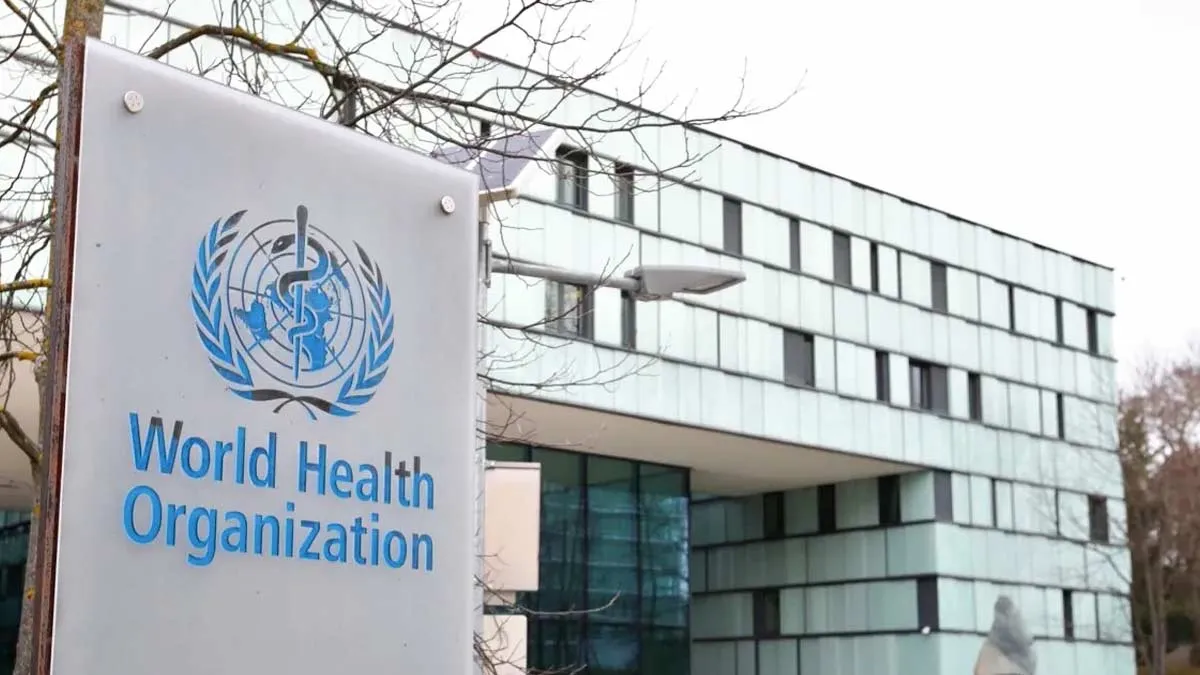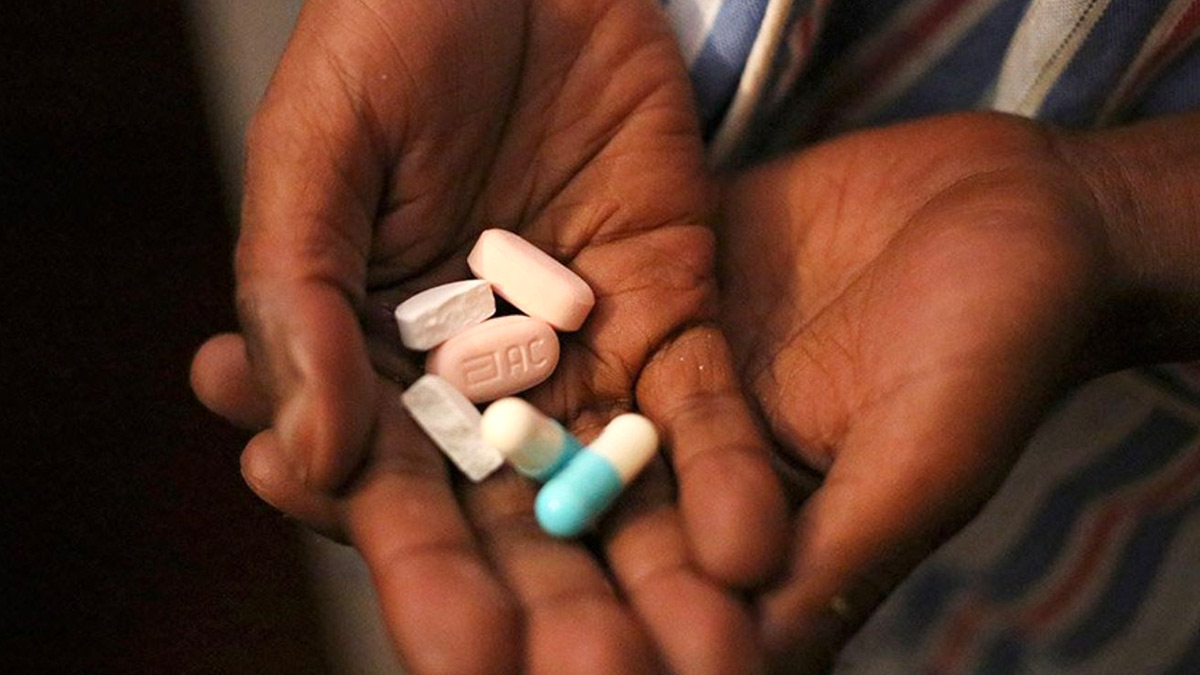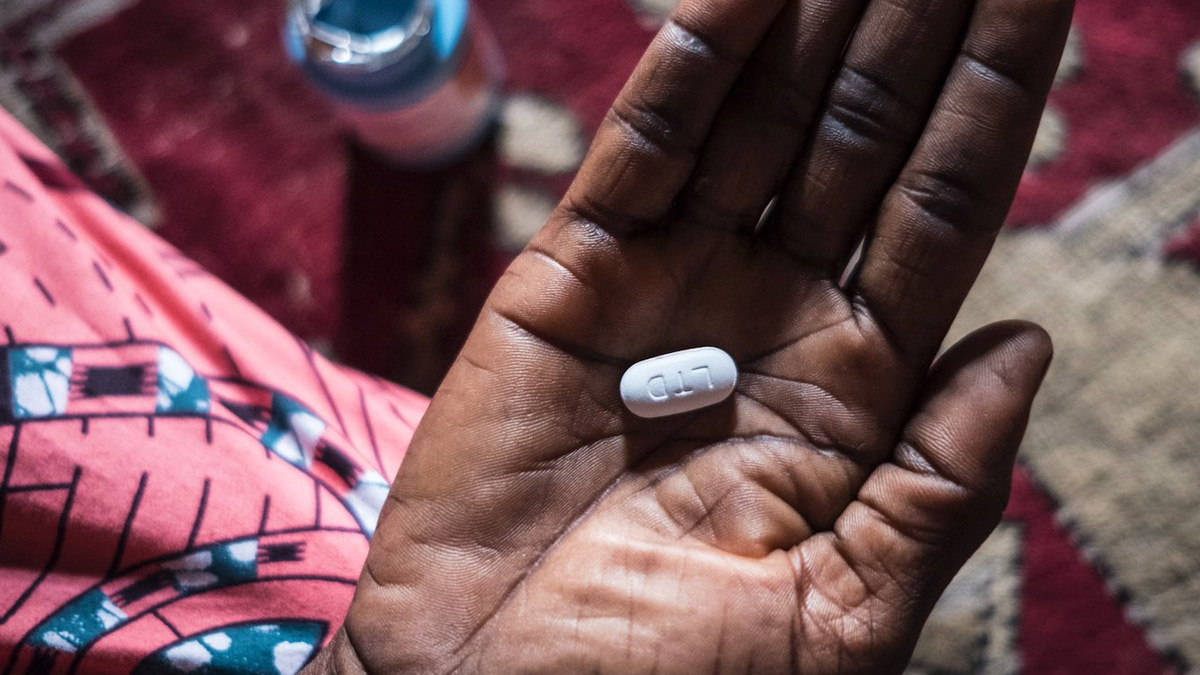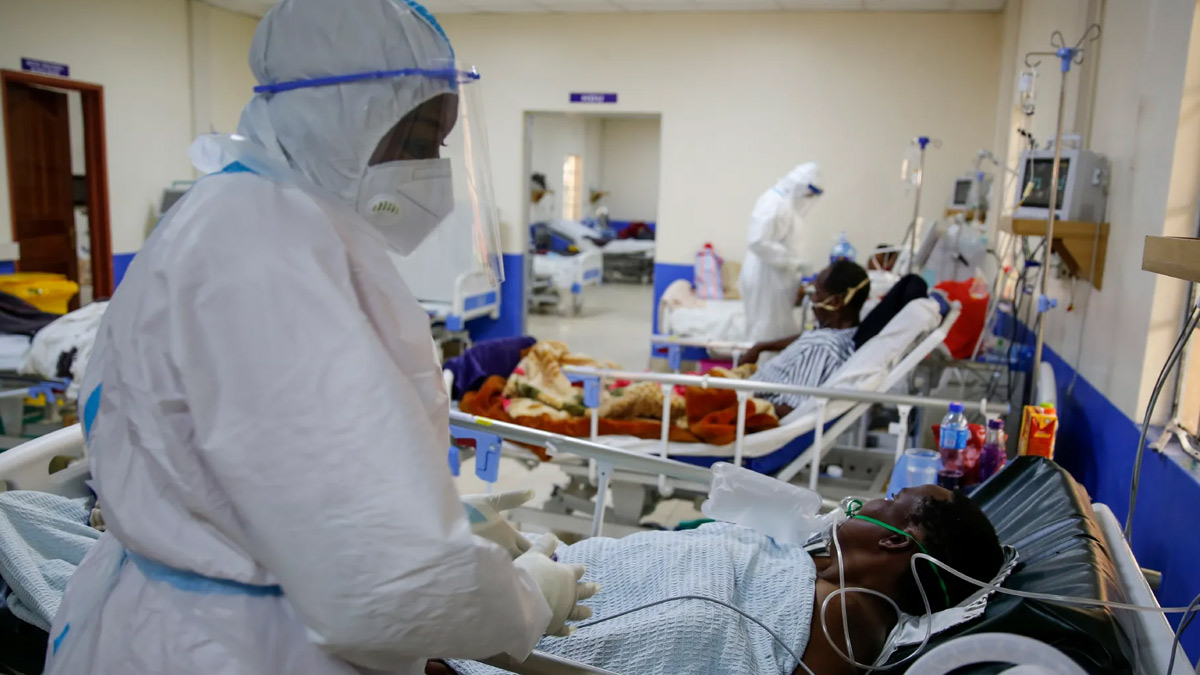
The World Health Organization (WHO) has issued a grave warning about an imminent HIV drug shortage in several countries following the U.S. government's decision to freeze foreign aid. The suspension, part of a broader review of government spending, threatens to reverse two decades of progress in the global fight against HIV/AIDS.
Table of Content:-
Millions at Risk as HIV Drug Supply Dwindles
WHO Director-General Dr. Tedros Adhanom Ghebreyesus has expressed deep concern that the funding freeze could result in over 10 million additional HIV cases and three million HIV-related deaths. According to the WHO, eight nations—including Nigeria, Kenya, Lesotho, South Sudan, Burkina Faso, and Mali in Africa, as well as Haiti and Ukraine—are on the verge of running out of life-saving antiretroviral (ARV) drugs within months.

For many of these nations, the U.S. has been a primary supporter of HIV treatment programs, with its aid ensuring access to ARV medication for millions. Without an urgent resolution, the interruption of treatment could lead to a surge in HIV transmissions and fatalities, as those on medication may face resistance to future treatments due to inconsistent drug availability.
Also Read: Belgian Actress Emilie Dequenne Dies Of Adrenocortical Carcinoma; Know All About The Condition
The Impact of the U.S. Foreign Aid Freeze
The funding suspension stems from an executive order signed by former U.S. President Donald Trump, which put a temporary hold on foreign aid programs as part of his "America First" policy. While initially set for 90 days, the freeze has continued to disrupt health programs worldwide, severely impacting shipments of essential medical supplies, including HIV drugs.

Despite a waiver issued for the U.S. President’s Emergency Plan for AIDS Relief (PEPFAR) in February, the initiative has struggled due to logistical constraints caused by the freeze. PEPFAR, launched in 2003, has played a pivotal role in HIV prevention and treatment across more than 50 countries, reportedly saving over 26 million lives. However, its reliance on logistical support from the U.S. Agency for International Development (USAID) and other affected organizations has left it crippled.
African Nations and Haiti Face Uncertain Future
Sub-Saharan Africa bears the brunt of the crisis, with nearly 25 million people living with HIV—more than two-thirds of the global HIV-positive population. In Nigeria alone, nearly two million people depend on aid-supported medication. Meanwhile, Kenya ranks seventh globally in HIV prevalence, with an estimated 1.4 million people living with the virus. The anticipated drug shortages in these regions threaten to undo years of progress in HIV treatment, potentially leading to widespread suffering.

Haiti, another affected country, has one of the highest HIV rates in the Caribbean. The potential loss of U.S. support could leave thousands of patients without life-saving treatment, exacerbating an already fragile healthcare system.
Calls for Reinstating U.S. Support
The WHO has urged the U.S. to reconsider its decision, emphasizing that global health funding not only saves millions of lives but also prevents the international spread of infectious diseases. Dr. Tedros stressed that if the U.S. chooses to withdraw direct financial support, it must ensure a structured and humane transition to alternative funding sources. "The U.S. has been an extremely generous supporter of global health initiatives, and while it has the right to reassess its commitments, there must be a responsible approach to avoid catastrophic consequences," Dr. Tedros stated.
Global health experts warn that pulling back on funding without an alternative strategy could spark a major health crisis. Many advocacy groups are calling for diplomatic discussions to restore the aid, emphasising that cutting HIV programs could lead to new outbreaks and a rise in preventable deaths.
A Critical Turning Point for HIV Treatment
The next few months will be crucial in determining the future of HIV treatment in the affected countries. With drug stocks running dangerously low, the international community is watching closely to see whether the U.S. will resume its commitment to global health funding or if alternative solutions will be sought. The world now faces a critical choice—either maintain the momentum of HIV treatment programs that have saved millions or risk an unprecedented rollback of progress, potentially endangering millions of lives.
How we keep this article up to date:
We work with experts and keep a close eye on the latest in health and wellness. Whenever there is a new research or helpful information, we update our articles with accurate and useful advice.
Current Version